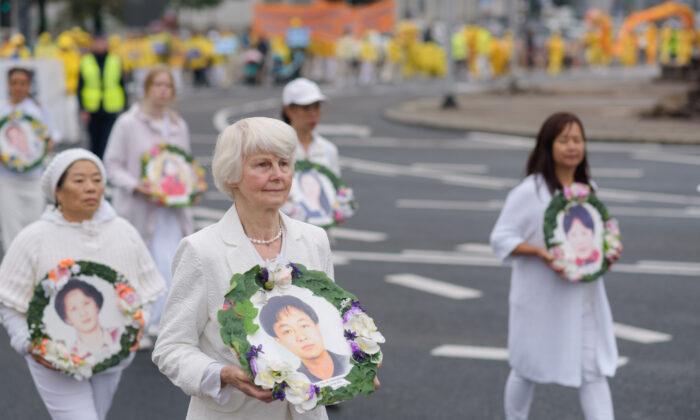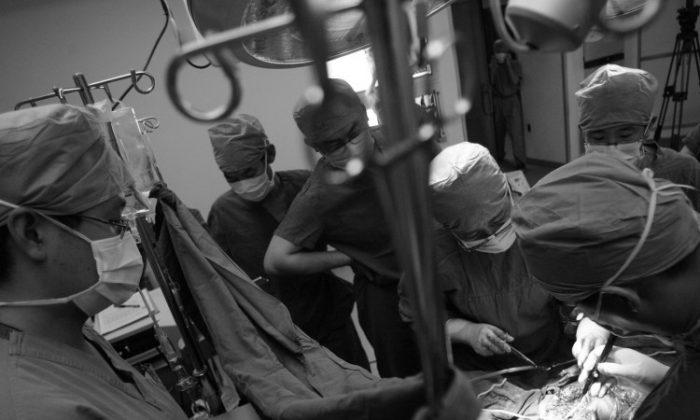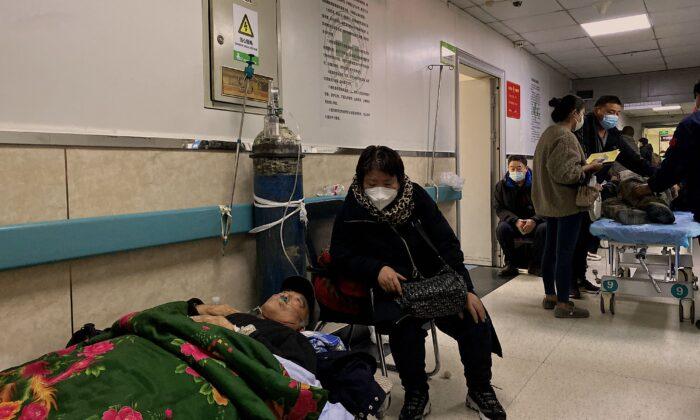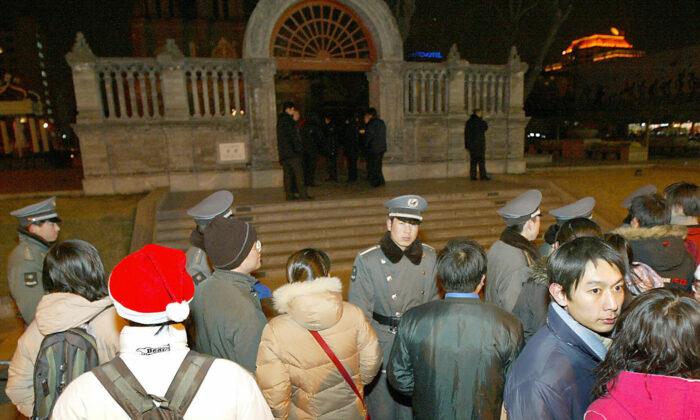Bamboo rats are huge rodents, almost the size of rabbits, known for a plump body and sharp incisors for gnawing on bamboo sticks. A Chinese food YouTuber said that eating bamboo rat can detoxify one’s body and make one’s skin smoother.
In January 2020, Dr. Zhong Nanshan, China’s National Health Committee lead expert, said that bamboo rats might be linked to the coronavirus. This statement is equivalent to a death sentence for the millions of bamboo rats bred in farms throughout southern China.
High Profile Ban of Wildlife Breeding, Transportation, and Consumption
Back in 2003 during the SARS outbreak, Dr. Zhong Nanshan, a pulmonologist, said that civet cats were the source of SARS. On Jan. 21, 2020, in an interview with China Central TV, Zhong claimed that the CCP virus was confirmed to be transmissible among humans and that the source of the virus “may be” wild animals such as bamboo rats or badgers. His remark, to this day, has not been substantiated by scientific research.
Leaked Document: Bamboo Rats Are a National Security Issue
What wasn’t published, but was leaked, is a report about the propaganda work done by Guangxi Provincial Foreign Affairs Office. The work summary report was submitted to the Guangxi Provincial Communist Party Committee Propaganda Department.China’s southern province of Guangxi is home to many of China’s ethnic minorities and used to be poverty-stricken. In recent years, breeding bamboo rats was the main lifeline of about 100,000 locals. They breed about 18 million bamboo rats, worth some $310.8 million and accounts for 70 percent of the nation’s total.
The “Order” and the “Decision” not only put the 18 million bamboo rats on death row, but also pushed the rat breeders back into poverty.
The document states that in April 2020, a UK media branch office in China hired local Chinese as reporters, who tried to approach and interview bamboo rat breeders in Beihai city. The foreign affairs office successfully blocked the interview, which was labeled “illegal” in the document.
It also mentions that three similar incidents happened in other cities in Guangxi. The provincial foreign affairs office instructed the municipal foreign affairs offices in those cities on how to stop the foreign media from interacting with local breeders, how to stop the foreign media from “blowing the wildlife breeders issue out of proportion,” and how to prevent negative public opinion from forming.

Furthermore, the document states that such incidents are “national security” issues.
U.S.-based Chinese current affairs commentator Li Linyi thinks that the CCP is under tremendous pressure from the international community looking for the origin of the virus. It tries to blame wildlife (bats and bamboo rats), foreign nationals’ travel in China, the U.S. military, or U.S. lab leaks, none of which have been substantiated. Therefore, the CCP treats foreign media interviewing bamboo rat breeders as a sensitive political issue that could jeopardize national security.
Compensation Plan Only On Paper, Breeders Back to Poverty
In June 2020, the Guangxi provincial government published a compensation plan for the wildlife breeders. The plan says that legal breeders can be paid $28 per bamboo rat.
Two leaked documents–one dated late August and the other early September—tell a different story.
The documents were issued by a municipal level office in Guilin city. The Internet Opinion Real Time Surveillance Office monitors the social media posts under its jurisdiction of Guilin city and surrounding counties. On Aug. 31, the Office caught a post on a local BBS chat service. The document includes the url and content of the post, as well as the county-level office assigned to handle the post.
The post says, “Since the CCP Central issued the ‘Decision’ [in February], we [breeders] have been strictly following the order and stopped selling, eating, transporting, and releasing the bamboo rats. In over six months, we did not have any income but had to spend our savings to keep the bamboo rats alive. Since the Compensation Plan was released, we thought we had hope, but until now, in our Yongfu county alone, there are several dozen breeders who haven’t received any compensation.”
Another post found on Weibo from someone in the same county expressed similar concerns, but added that they had been categorized as “illegal” breeders, and so they were not eligible to receive any compensation at all.
The documents state that the assigned county office must report back within five days with details about how the social media posts were handled.




